Newsletter

A Journey to PDP Law Compliance: Data Privacy Transfer in Indonesia
Oct 19, 2022
Data is a valuable currency in this new world. In the midst of digital transformation, the Indonesian government has taken the final decision to pass the Pelindungan Data Pribadi (PDP) Bill by September 2022. The PDP Law applies to all businesses established in Indonesia and puts the consumer in control. The task of complying with this regulation falls upon businesses. Prior to the PDP Law, there was no protection for data privacy under the law...

Bankruptcy Process up to Auction Proceedings in Indonesia
Oct 12, 2022
In the commercial world, capital lending is a natural thing, as it is a driving force for companies to run, expand or maintain their business. However, it is also not uncommon for companies as debtors to neglect their obligations to pay, which causes creditors to file bankruptcy lawsuits against debtors. Article 2 Paragraph (1) Law No. 37 of 2004 concerning Bankruptcy and Suspension of Debt Payment ("Law No. 37/2004") states that a debtor can only be stated....
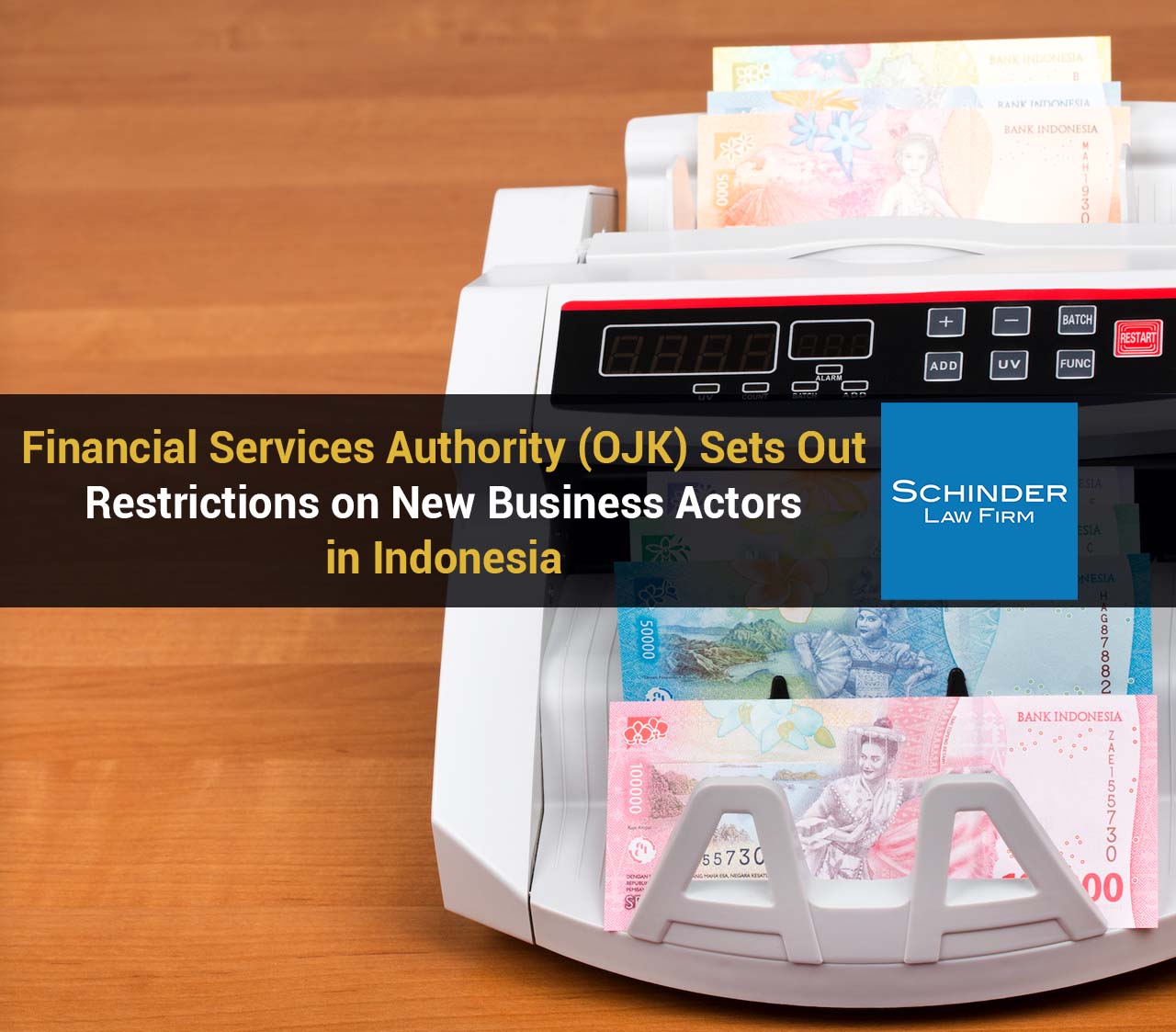
Financial Services Authority (OJK) Sets Out Restrictions on New Business Actors in Indonesia
Oct 06, 2022
The Financial Services Authority ("OJK") issued the OJK Regulation in Indonesia No. 10/POJK.05/2022 concerning Information Technology Based Collective Financing Services ("POJK 10/2022") which took effect on July 4, 2022, and revoked the Financial Services Authority Regulation No. 77/POJK.01/2016 ("POJK 77/2016"). The POJK 77/2016 was originally introduced to quickly respond to the Peer-to-Peer Lending (P2P Lending) industry...
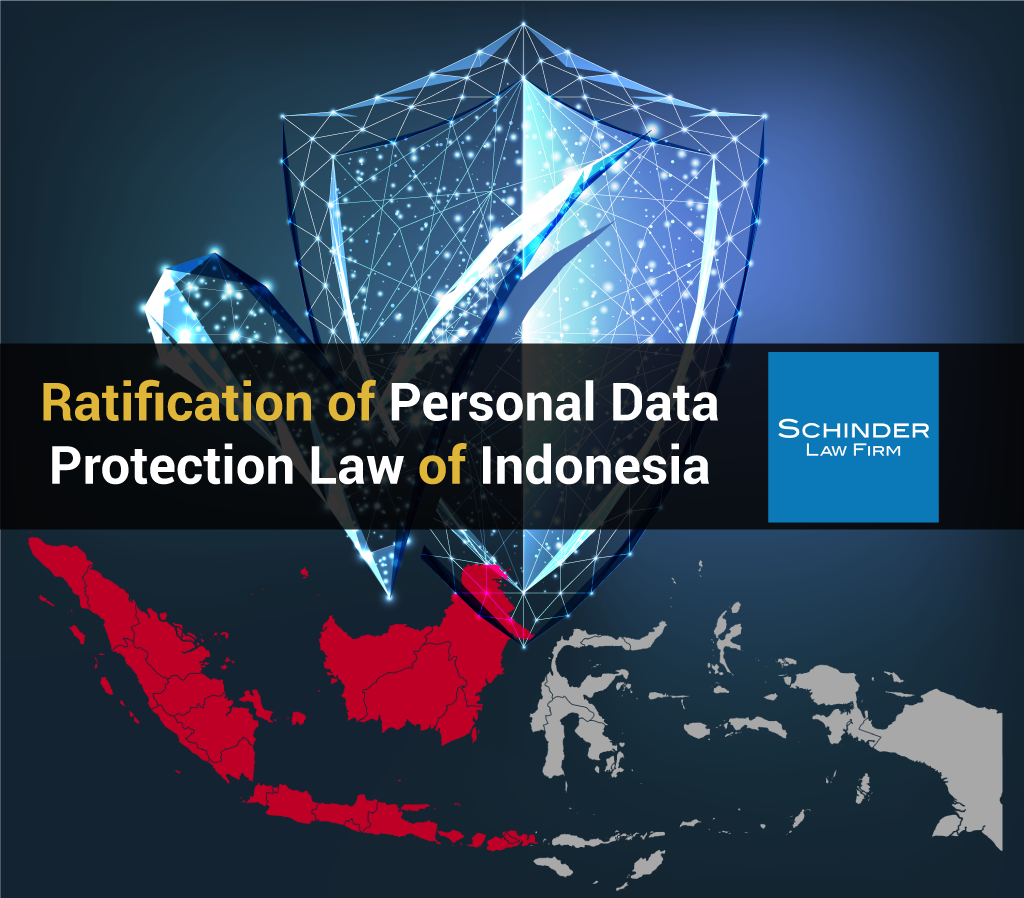
Ratification of Personal Data Protection Law of Indonesia
Sep 30, 2022
The House of Representatives of the Republic of Indonesia finally ratified the Personal Data Protection Bill (PDP Bill) into law (PDP Law) on 20 September 2022 in accordance with the regulation in Indonesia, with updates and additional clauses that are more comprehensive in accommodating personal data protection. Indonesia now joins other jurisdictions in Southeast Asia that have dedicated personal data protection laws, including Singapore and Thailand. However, the PDP Law not gone into effect...

The Legal Aspect of Electronic Agreements in Indonesia
Sep 22, 2022
Contracts have been a staple in most business and commercial activities. Recently, an electronic agreement has become the most preferable form of contract for foreign investors for investment in Indonesia. The law in Indonesia covers the use of electronic agreements. The electronic agreement or electronic contract is defined in Article 1 Number 17 of Law no. 11 of 2008 concerning Information and Electronic Transactions (EIT Law) as an agreement between the parties made through an electronic system. Electronic agreements are made...

DPR Resmi Sahkan UU Perlindungan Data Pribadi
Sep 20, 2022
CNN Indonesia, Jakarta - Rapat Paripurna DPR secara resmi mengesahkan Rancangan Undang-Undang tentang Perlindungan Data Pribadi (RUU PDP) pada Selasa (20/9). Pengesahan itu diambil dalam Rapat Paripurna DPR ke-5 Masa Persidangan I Tahun Sidang 2022-2023. Rapat...
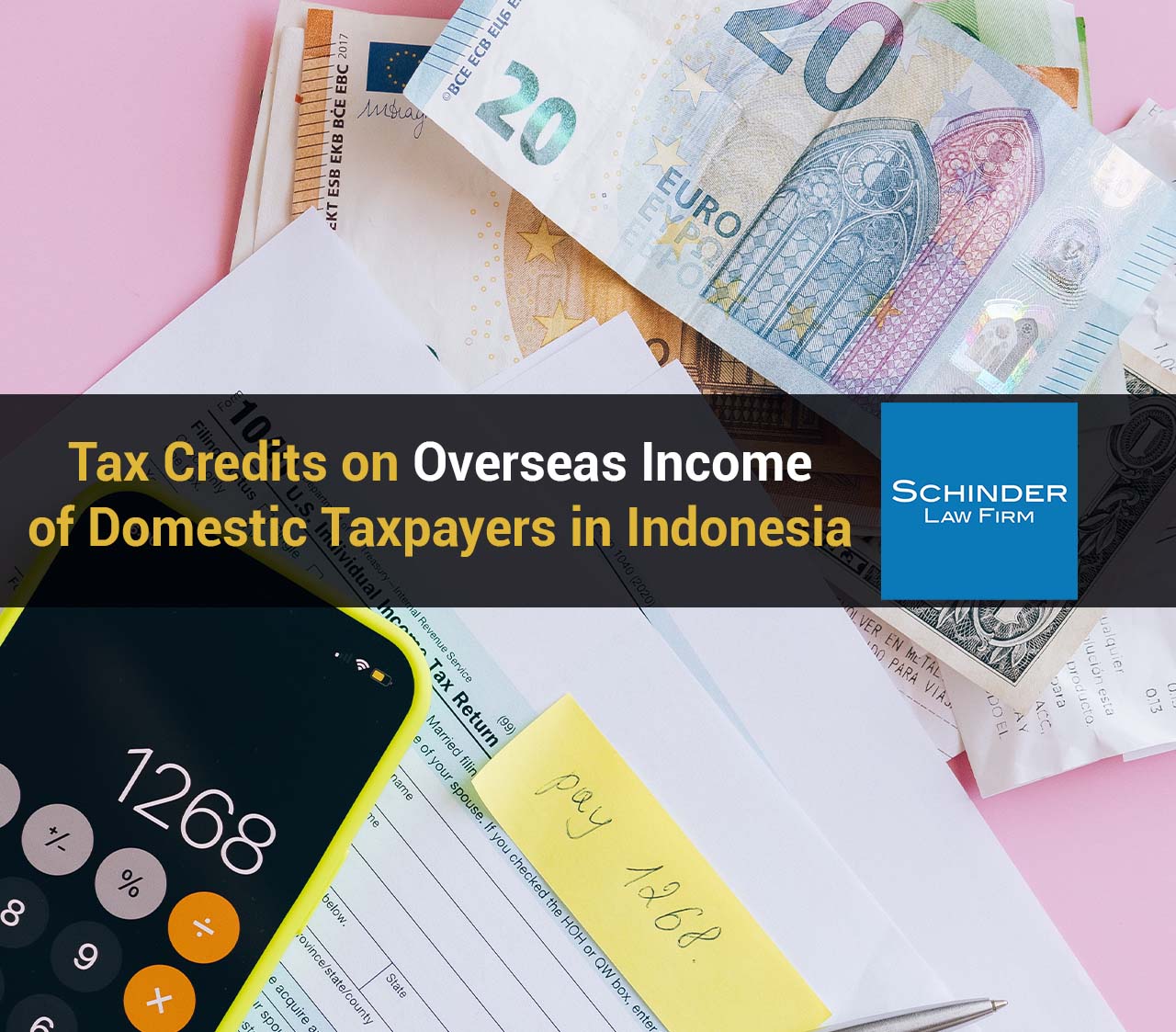
Tax Credits on Overseas Income of Domestic Taxpayers in Indonesia
Sep 14, 2022
In the current era of globalization, international trade activities are a source of state income for the country. One of the essential aspects that needs to be considered by business actors in the field of international trade is taxation. In accordance with Law No.36 of 2008 jo. Law No.7 of 2021 ("Tax Law") of regulation in Indonesia, income tax is any additional economic capability received or obtained by the taxpayer, both from Indonesia...
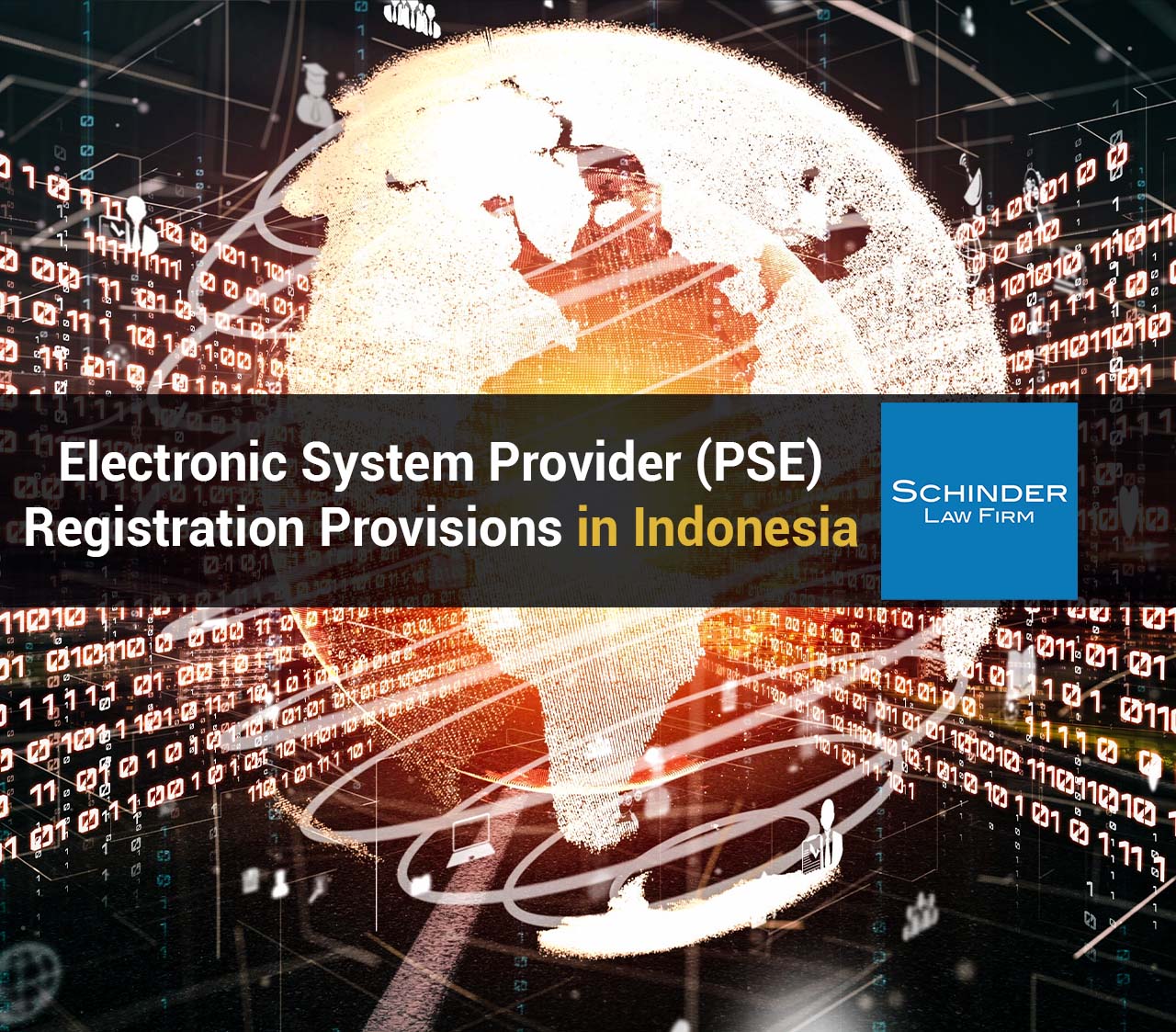
Electronic System Provider (PSE) Registration Provisions in Indonesia
Sep 07, 2022
The blocking of Private Scope Electronic System Operators ("PSE") that missed the Ministry of Communication and Information's ("Kominfo") notice of the registration deadline resulted in several PSE's being blocked, including PayPal, on July 30th, 2022. As a result, the policy has sparked public outcry. In response, Kominfo announced a new approach to temporarily open the PayPal website and expects consumers who utilize PayPal services will be...

A Decade After the Personal Data Protection Act 2010 (PDPA): Compliance of Communications Companies With the Notice and Choice Principle
Aug 30, 2022
The massive and implausible advancements in the fields of information and communications...
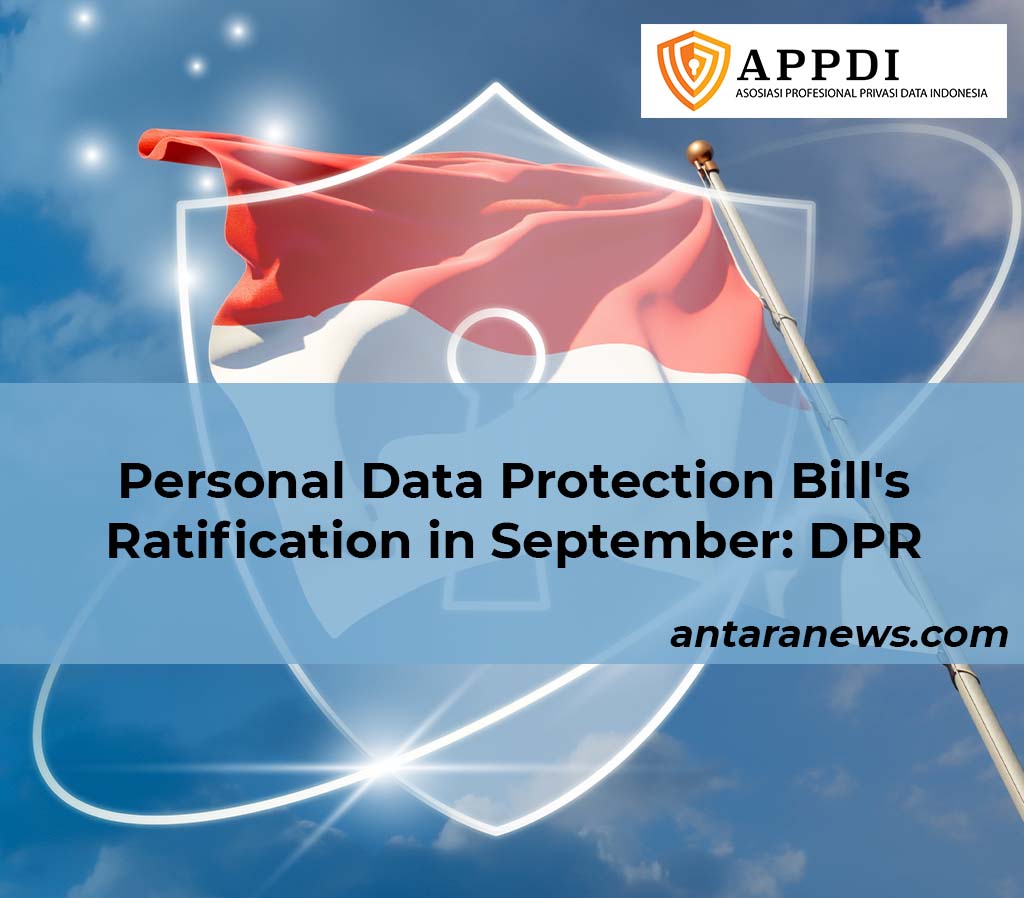
Personal Data Protection Bill's Ratification in September: DPR
Aug 29, 2022
Antaranews.com — Jakarta: The Personal Data Protection Bill (RUU PDP) can be ratified into law in September 2022 at the latest following the House of Representatives' (DPR's) session during the August-September 2022 period, a senior legislator stated.